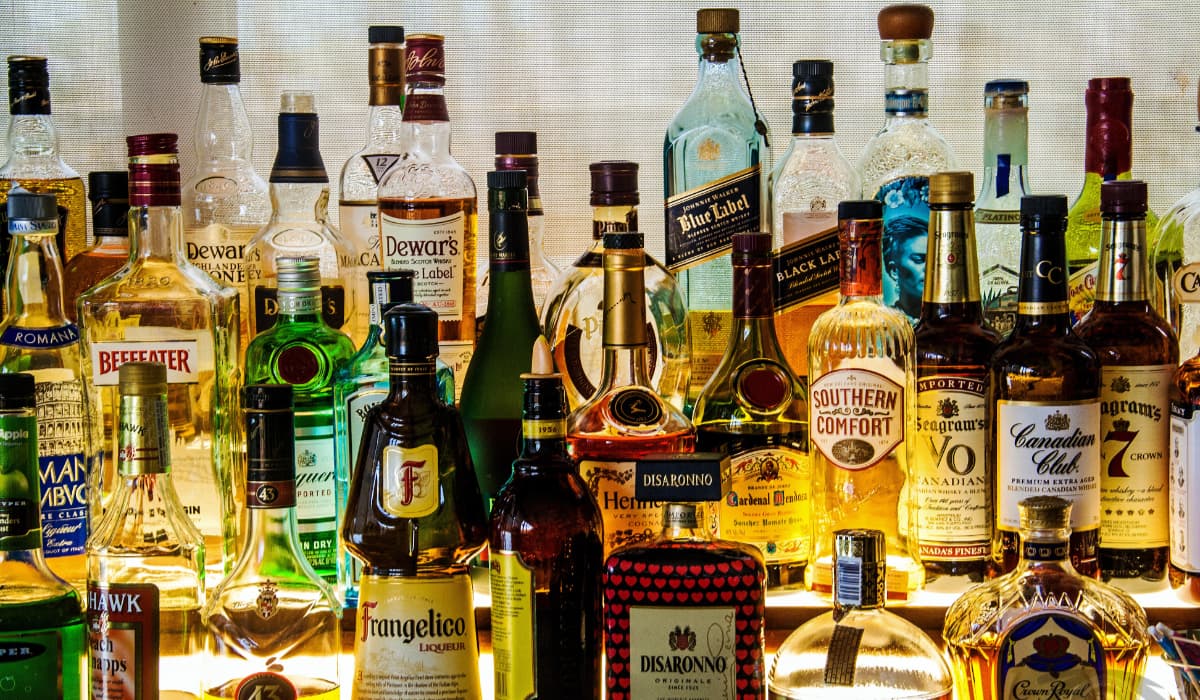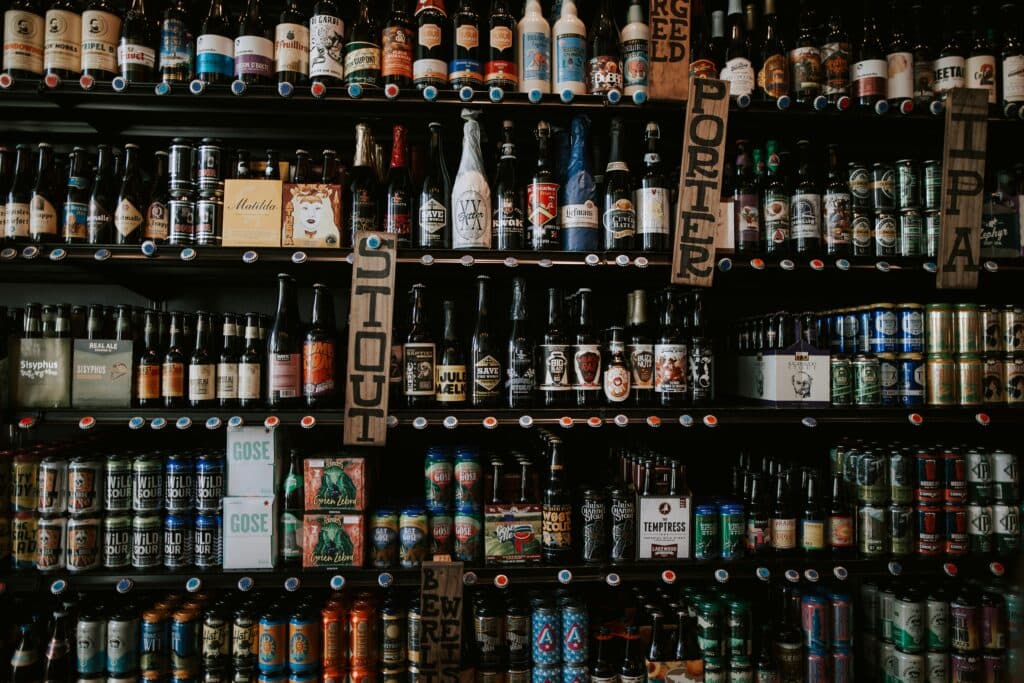
In a significant move under the India-UK Free Trade Agreement (FTA), India has scrapped the Minimum Import Price (MIP) requirement for alcoholic beverages imported from the UK. This change means British spirits like whisky, gin, and wine can now enter the Indian market at duty rates agreed under the FTA—without a mandatory pricing floor. The decision is expected to benefit both UK exporters and Indian consumers, offering greater variety and potentially more competitive prices.
The Minimum Import Price (MIP) is a trade mechanism that sets a floor price below which imported goods cannot be sold. In the case of alcohol, MIP often prevented foreign producers from pricing their products competitively in India, keeping prices high even before factoring in state-level taxes.With the MIP now removed for UK alcoholic beverages, importers gain more flexibility in setting import values and adjusting pricing strategies based on market demand.
Under the FTA, British alcoholic beverages—including Scotch whisky, gin, and premium wines—are now subject to preferential or reduced customs duties. While India has not entirely removed customs duties on alcohol, the agreed-upon lower rates significantly ease the financial burden on importers.This could lead to a greater influx of UK spirits into the Indian market and make premium brands more accessible.
Although the removal of the MIP offers room for cost savings, it does not automatically translate to cheaper prices at liquor stores or bars. This is because:
However, over time, competitive pricing driven by increased supply and brand variety may help lower average retail prices, especially in metro cities.
For the UK, this development is a win in trade diplomacy. Alcohol exports—particularly Scotch whisky—are a major component of British trade. India is a high-potential market due to its growing middle class and rising demand for premium alcoholic beverages.By easing trade barriers, the FTA aims to expand the UK’s alcohol export footprint in India, potentially increasing revenue for British distilleries and wine producers.
Indian consumers may soon see:
However, real price benefits and product availability will vary based on local regulations and distribution ecosystems.
India’s decision to drop the Minimum Import Price for British alcoholic beverages marks a key step in liberalizing trade under the India-UK Free Trade Agreement. While lower customs duties may not immediately lead to drastically cheaper alcohol, they pave the way for a more competitive, diverse, and consumer-friendly market. The move is set to benefit UK exporters and offer more choices to India’s evolving alcohol consumers.